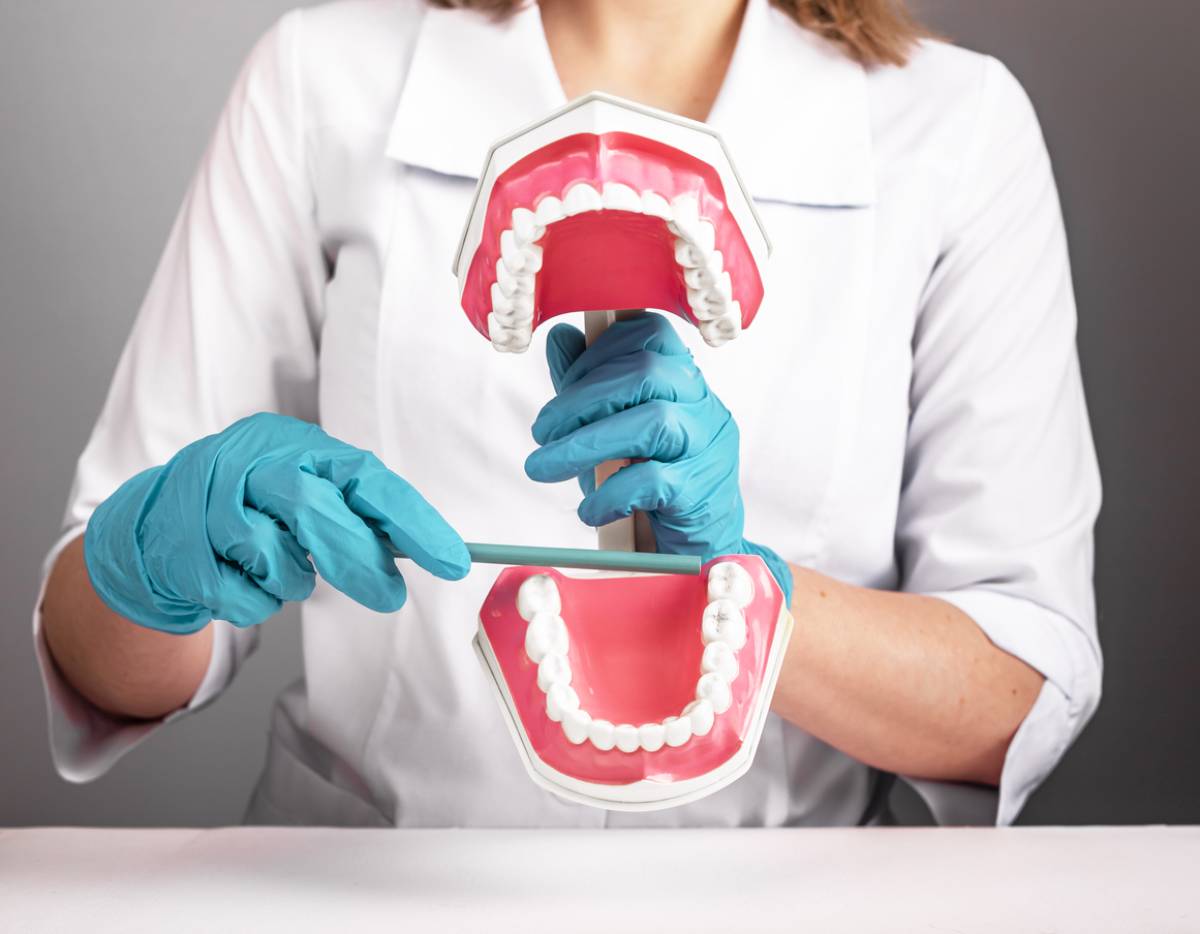By the time you are a teenager, you have replaced most of your baby teeth with their adult versions. The last set of teeth to emerge in your mouth are the wisdom teeth, also known as the third molars, located at the back of your jaw. These molars typically make their appearance between the ages of 17 and 22, which may cause eruptions and other painful symptoms.
What’s the Best Age for Wisdom Teeth Removal?
If you’re starting to feel pain at the back of your mouth, you aren’t alone. Many individuals experience discomfort when their wisdom teeth begin to erupt, warranting the question: What’s the best age for wisdom teeth removal? Most patients visiting their trusted family dentist are able to treat wisdom tooth pain right away. Symptoms and their severity can vary, but recognizing the key indicators of wisdom teeth pain is crucial for taking preventative measures. Let’s explore the best age and time to get your wisdom teeth removed.
Wisdom Teeth and the Issue of Impaction
It’s worth noting that over the past few centuries, our jaws have evolved to become smaller, while our teeth continue to require the same amount of space to grow. Consequently, wisdom teeth can struggle to find adequate room between the gums for proper root growth. This struggle often results in impaction, where the teeth are either not visible at all or partially stuck behind the gums.
As long as these teeth continue to push through, they will continue causing pain and discomfort. Impacted wisdom teeth can lead to serious dental problems, including gum disease, infection, and even tooth loss – so it’s important to get this taken care of as quickly as you can.
Signs of an Impacted Wisdom Tooth
Various signs and symptoms may appear throughout the process of your wisdom teeth getting impacted. Some people don’t notice their symptoms right away, while others are hit with sudden and intense pain radiating from their back molars.
You may want to be on the lookout for symptoms such as:
- Bruxism (tooth grinding)
- Jaw or gum pain
- Persistent bad breath, also known as halitosis
- Difficulty chewing or opening the mouth
- Irregular breathing
- Sudden dental decay
- Dry or tender gums
- Swollen jawbone and gums
- Tooth or jaw pain
If you encounter any of these symptoms, even just one symptom, it’s essential to reach out to your dentist for an appointment. After a thorough consultation, your dental specialist can recommend suitable treatment options for impacted wisdom teeth. Surgical removal tends to prove the most common and effective solution.
What’s the Best Age to Get Wisdom Teeth Removed?
Wisdom teeth, aptly named for their late arrival in adulthood, typically emerge between the ages of 17 and 25. Dentists often suggest removal during this time frame – when it becomes apparent that the teeth will likely cause problems if they are left to push out through the gums. Soreness or swelling in the area are common signs that wisdom teeth may be impacted and need attention.
Many individuals require wisdom teeth removal due to overcrowding or impaction. Still, some are fortunate enough to have perfectly intact third molars. If you show no signs of impacted wisdom teeth, your dentist is unlikely to recommend removal. These teeth are considered vestigial in the modern human skull, meaning you will not suffer any negative health effects from removing them.
Take Care of Your Wisdom Teeth ASAP!
Whether or not you experience issues with your wisdom teeth, prioritizing your oral health is essential. When your wisdom teeth begin to emerge, it’s often noticeable. Whether you’re lucky enough to avoid complications or find yourself dealing with impacted teeth, regular dental check-ups are crucial.
Reach out to our dental experts to learn more about our top-notch wisdom tooth extraction services in Glendora. Whether you or your child are experiencing pain from impacted teeth, it’s important to address the issue right away. It doesn’t matter what age you are!



